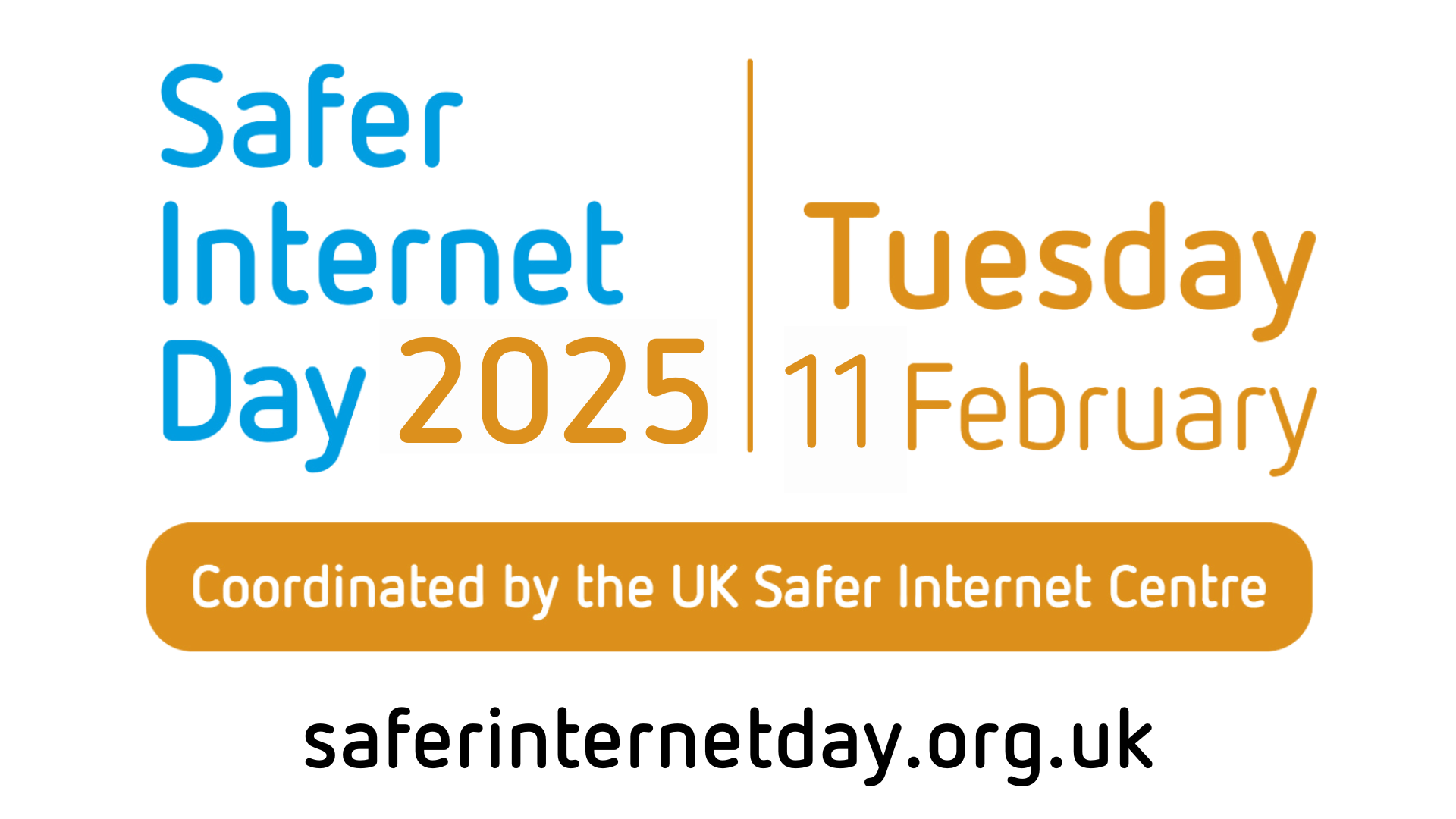Safer Internet Day 2025: Strengthening Online Safety and Delivery Compliance
Safer Internet Day, recognised annually, is the UK’s largest initiative for promoting online safety.
Online safety often brings to mind issues like online scams, deepfakes, underage access to social media, or pornography. In the context of purchases, many associate online safety with secure transactions and data privacy. However, it extends further. What happens once the purchased item reaches your doorstep? How are safety measures ensured at that stage?
This year’s Safer Internet Day presents an opportunity to address compliance challenges in online retail and delivery services. With the increasing reliance on home deliveries, ensuring robust compliance standards is more critical than ever.
The Compliance Challenge in Home Deliveries
Serve Legal’s 2023 audit data showed a significant difference in age verification compliance between in-store and home delivery services for supermarket clients. Home deliveries lagged 22% behind in-store compliance. This gap persisted into 2024, with home delivery compliance remaining unchanged, while in-store compliance increased to 81%, widening the gap to 24%.
This growing disparity underscores the difficulty retailers face in ensuring consistent compliance across all sales channels, particularly for home deliveries. The risks associated with these compliance gaps, especially for age-restricted products, require immediate attention.
Why the Gap?
Several factors could contribute to lower compliance rates in home deliveries for supermarkets:
- Lack of Control on the Doorstep: Unlike in-store transactions, doorstep interactions lack visible safeguards like Challenge 25 posters, security presence, and managerial oversight.
- Conflict Resolution: Delivery staff, often working alone, may feel ill-equipped to challenge recipients effectively.
- Time Pressures: Tight deadlines, strict time slots, and rushed schedules may encourage shortcuts in compliance practices.
The rapid delivery sector faces even greater challenges, with average pass rates consistently fluctuating between 40-50% over the past five years. Many rapid delivery providers rely on freelance or self-employed drivers who work flexibly and may not receive the same compliance training as contracted in-store staff.
Additionally, rapid delivery providers often deliver produce from a number of retailers, including forecourts, restaurants, supermarkets, and convenience stores. This operational complexity creates ambiguity about who holds ultimate responsibility for ensuring age verification at the point of delivery. Such grey areas can lead to disputes between retailers and couriers, especially as legislation tightens around age-restricted sales compliance.
At Serve Legal, we take pride in collaborating with many of the UK’s leading rapid delivery providers, who are committed to enhancing their compliance standards through regular monthly audit programmes.
A Legislative Turning Point
Legislation is evolving to address these compliance challenges. Following a fatal knife attack in Southport in 2024, after a 17 year old was able to purchase a knife online, the UK Government has proposed stricter measures for online knife sales. Key elements of the Crime and Policing Bill, expected this spring, include:
- Dual Age Verification: Buyers must present two forms of identification at the point of purchase, including a live video verification.
- Photo ID at Delivery: Couriers must verify the recipient’s age and identity upon delivery.
- Prohibition on Unattended Deliveries: Packages containing bladed articles cannot be left on doorsteps and must be handed directly to the named purchaser.
These measures represent significant progress but underscore the urgent need for delivery providers to implement robust compliance processes.
What Businesses Can Do
To meet these new standards and ensure public safety, retailers must:
- Audit Delivery Providers: Conduct regular audits to verify adherence to age-restricted sales laws.
- Invest in Training: Offer comprehensive compliance training for couriers, including freelance or self-employed drivers.
- Enhance Monitoring: Leverage technology to monitor delivery transactions and promptly flag instances of non-compliance.
- Collaborate Across Sectors: Partner with delivery providers, compliance testers, and regulators to maintain high standards and adapt to evolving legislative requirements.
- Incentivise Compliance: Reward delivery staff and providers who consistently pass audit tests and maintain high compliance rates, while providing further training or corrective measures for those who fail to meet the standards.
Serve Legal’s Role in Online Safety
This Safer Internet Day, Serve Legal is reaffirming its commitment to supporting retailers in overcoming compliance challenges. As a leader in compliance testing, we aim to bridge the gap between online safety and real-world accountability, ensuring every transaction—whether online or on the doorstep—meets the highest safety standards. In doing so, we hope to build an ethos that keeps customers, colleagues, communities and businesses safe from the effects of non-compliance.









